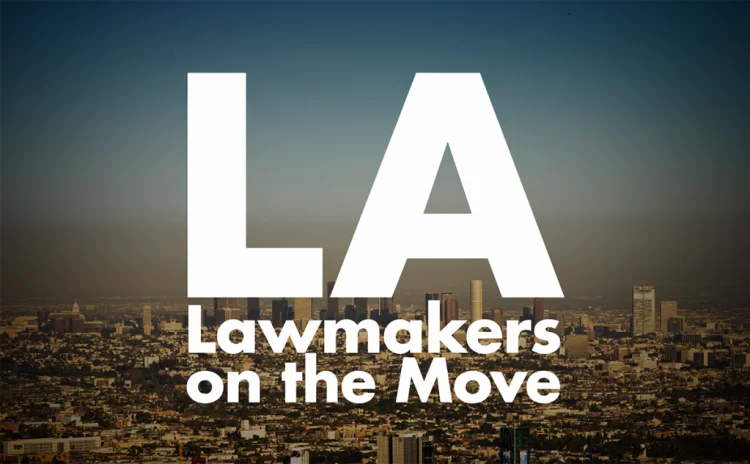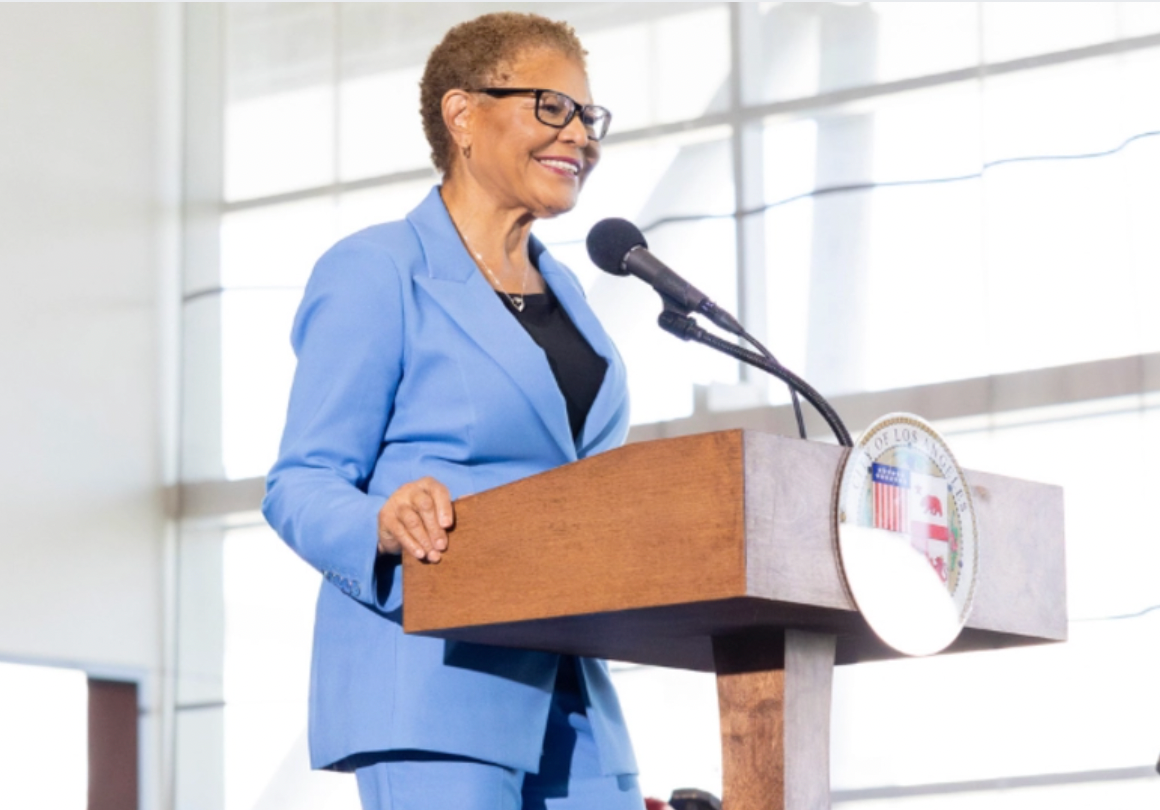Long Beach launches job support for residents impacted by SoCal wildfires

The City of Long Beach announced yesterday that its Department of Economic Development & Opportunity (EDO) has launched a new employment and training initiative to support Long Beach residents affected by the January 2025 Southern California wildfires.
The initiative will provide paid career opportunities and financial assistance to job seekers looking to embark on a fresh start in Long Beach.
“Long Beach is proud to offer support and uplift those rebuilding their lives following the tragic wildfires that impacted Southern California earlier this year,” said Mayor Rex Richardson. “This initiative is a powerful example of how Long Beach comes together in times of need. By providing impacted residents with paid work experience and access to valuable training, we are creating pathways to good jobs and ensuring that Long Beach continues to thrive as a resilient and inclusive city.”
Facilitated by EDO ’s Long Beach Workforce Innovation Network (LBWIN), the initiative will provide 10 eligible participants with up to 300 hours of paid, on-the-job work experience with local Long Beach employers.
Additionally, LBWIN will offer up to five people training scholarships of up to $7,500 each to obtain industry-recognized credentials in high-demand fields such as healthcare, information technology and advanced manufacturing.
To learn more and apply, those interested may contact Nakawa Shepherd, Career Center Manager, EDO, at Nakawa.Shepherd@longbeach.gov or visit the LBWIN Adult Career Services Center (4811 Airport Plaza Dr., Ste. 120). Applications will remain open until funds are exhausted.
EDO is also seeking local employers that are interested in hosting a participant to provide on-the-job training while expanding their future workforce. For more information about workforce programs and services in Long Beach, job seekers and employers may visit longbeach.gov/workforce.
La Habra Heights holds workshop to address its law enforcement services

The City La Habra Heights announced yesterday it held a community workshop to address its law enforcement services amid rising costs and limited revenue.
The city currently contracts with the Los Angeles County Sheriff’s Department (LASD), receiving a dedicated deputy 40 hours per week, supplemented by additional coverage billed as needed.
Law enforcement accounts for approximately 30% of the city’s property tax revenue, ranging from $700,000 to $770,000 annually, with costs driven upward by liability and insurance fees. Despite fiscal pressures, La Habra Heights has low violent crime rates and decreasing property crime rates, though traffic enforcement and speeding remain ongoing concerns.
Council and staff discussed options to improve service and efficiency without adding significant cost. Suggestions included reallocating overtime to ensure consistent deputy hours, sharing specialized traffic enforcement resources with nearby cities, and utilizing traffic cameras. The license plate recognition cameras can search law enforcement databases to notify law enforcement whether a car passing by is stolen, involved in a crime, reported as missing, being driven by a missing or wanted person for a crime, and more.
While no viable alternative to contracting with LASD currently exists, the workshop emphasized the need to maximize existing resources and pursue regional cooperation.
Officials acknowledged that revenues are unlikely to increase substantially, making innovation and efficiency essential to sustaining public safety. As one council member summarized, the city must “find another way to get revenue,” underscoring the broader challenge of maintaining effective law enforcement within tight financial limits.
Pérez calls on CPUC to reject proposals to increase electricity bills

State Sen. Sasha Renée Pérez (D-Altadena, Arcadia, Burbank, Claremont, Duarte, Glendale, Pasadena, La Cañada Flintridge, South Pasadena, Upland) recently fired off a letter to the California Public Utilities Commission (CPUC) urging the entity to reject the Return on Equity (ROE) proposals by the state’s investor-owned utilities that would further harm energy affordability and negatively impact Eaton Fire victims.
ROE represents the amount of profit the company generates for each dollar invested by its shareholders and is expressed as a percentage.
In the missive, Pérez points out the requested returns by Pacific Gas and Electric, Southern California Edison, Southern California Gas, and San Diego Gas and Electric— ranging from 11% to 11.75%— are unjustifiably higher than market conditions warrant, use flawed methodology, and cite outdated financial data. In addition to rejecting the proposals, Senator Pérez is asking the Commission to conduct an independent ROE analysis.
“In this critical moment, we cannot allow excessive utility profits to stand in the way of affordable recovery and living. By reigning in utility profits, we can ensure that communities impacted and devastated by extreme weather events have access to affordable, reliable energy. This isn’t about punishing utilities—it’s about accountability, fairness, and affordability,” Pérez wrote.
Investigations into the cause of the Eaton Fire are ongoing, but Southern California Edison executives have acknowledged that an idle, unconnected transmission line, inactive for 56 years, may have started the Eaton Fire.
Chu reintroduces COACH Act to support childcare provider small businesses

U.S. Rep. Judy Chu (D-Monterey Park, Alhambra, San Gabriel, Pasadena) last week joined bipartisan, bicameral Congressional lawmakers in reintroducing the Convening Operations Assistance for Childcare Heroes (COACH) Act, which tasks the U.S. Small Business Administration (SBA) with maintaining an updated resource guide on how childcare providers can start and grow their small businesses.
The guide, updated at least every five years, would be made publicly accessible on the SBA’s website. The measure would also task resource partners of the SBA – small business development centers, women’s business centers, veterans’ business outreach centers, and SCORE – with conducting outreach to childcare small businesses to make them aware of this guide and other existing resources.
“By giving our nation’s small childcare businesses the tools and support they need to succeed, this bill will help bolster the childcare workforce and close the growing gap in childcare availability across America,” said Chu.
“Parents should be able to go to work knowing their children are safe, learning, and thriving, and the COACH Act will help ensure that more families can access reliable, high-quality childcare,” she added.















